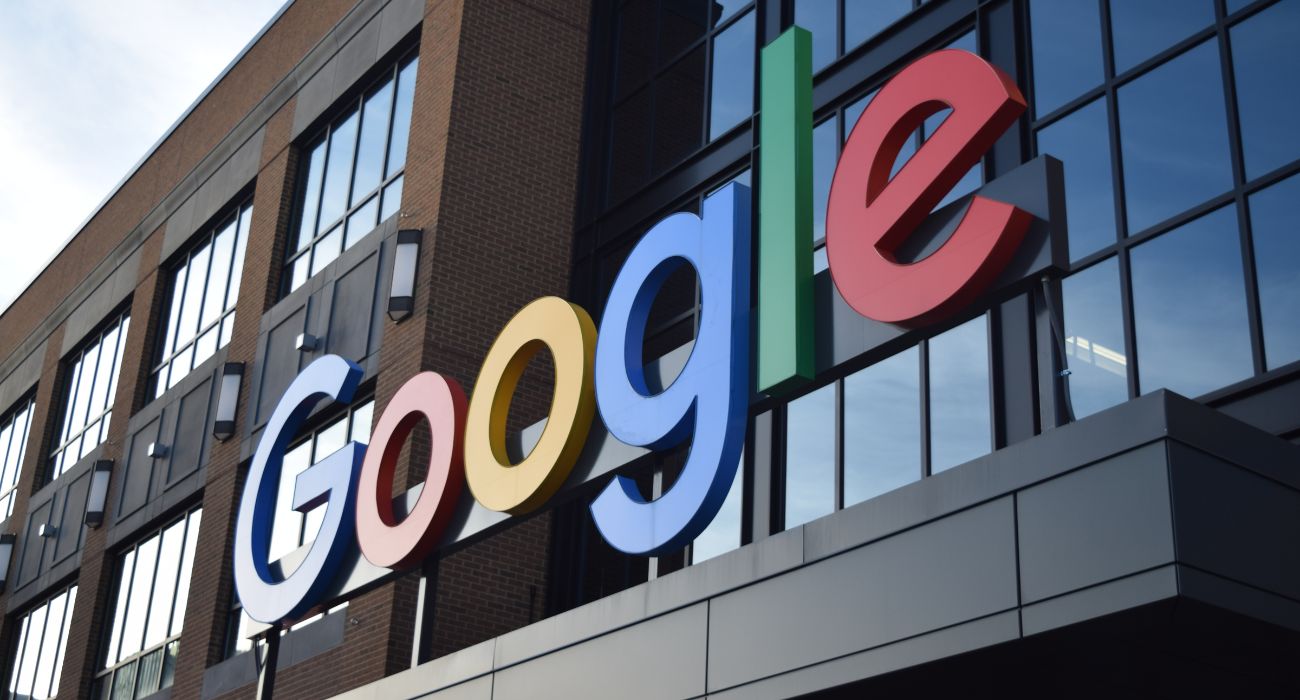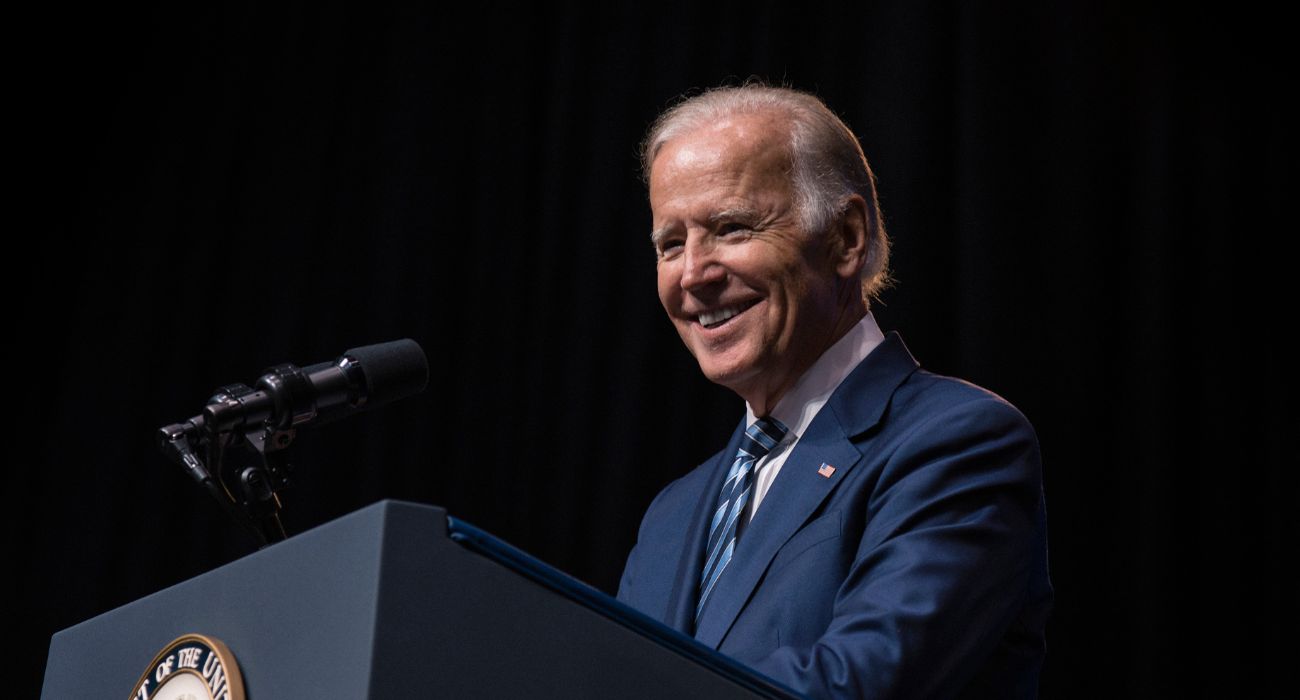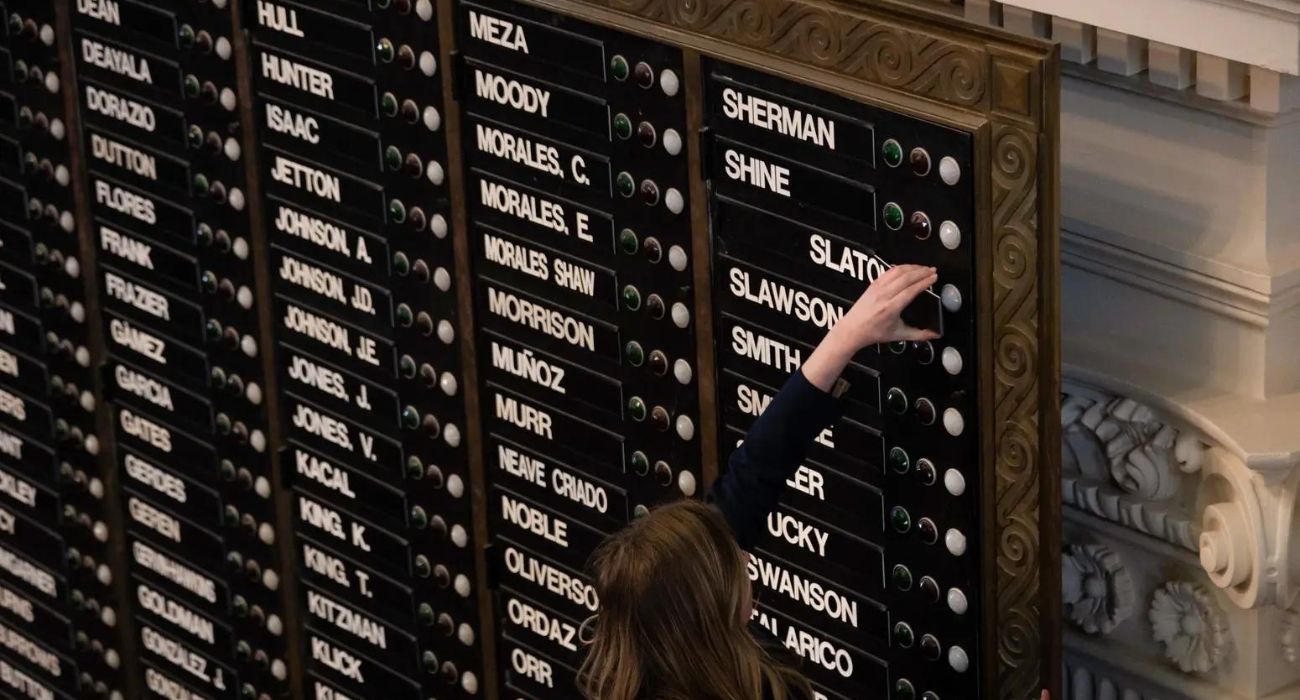The Department of Justice (DOJ) filed a memorandum in support of its motion for sanctions against Google on Thursday, alleging the company intentionally and illegally destroyed internal chat logs that the U.S. government expected to use in an antitrust case against it.
While Google said it would preserve company chat logs that were relevant to the case, the company has a policy of deleting certain employee conversations automatically after a day, the DOJ explained in a federal court filing. Since “history off” is the default setting, the “history on” function needs to be switched on in order to save chats for between 30 days and 18 months.
“Google’s policy of deleting internal chats had been adopted well before the DOJ brought this lawsuit,” Keith Hylton, an antitrust lawyer and professor at Boston University, told The Dallas Express.
The DOJ alleged that this practice has hurt the government’s case against Google.
“Google’s daily destruction of written records prejudiced the United States by depriving it of a rich source of candid discussions between Google’s executives, including likely trial witnesses,” the filing explained.
Google fired back in a statement, saying the company “strongly refute[s] the DOJ’s claims,” according to CNBC.
“Our teams have conscientiously worked for years to respond to inquiries and litigation,” the statement continued. “In fact, we have produced over 4 million documents in this case alone, and millions more to regulators around the world.”
Yet the U.S. government claims that Google trained and encouraged employees to discuss sensitive topics over chat messages they knew would be automatically deleted the following day, CNN reported.
The government’s memorandum attached exhibits showing Google employees suggesting that potentially sensitive conversations should continue on the company’s chat software with history turned off.
For instance, the court filing alleges that Don Harrison, managing counsel at Google, said during a roundtable breakfast in May 2019, “Since it’s a sensitive topic, I prefer to discuss offline or over hangout.”
Similarly, the DOJ points to an email thread between Anna Kartasheva, director of product operations & strategies, and Jim Kolotouros, director of distribution partnerships, in July 2021, in which one of them apparently writes, “[W]e should chat live so you can get the history; best to not put in email.”
“I guess this raises some interesting questions,” Hylton said. “Does a company have a duty to reverse a long-standing policy on the deletion of internal communications once the government files suit? I frankly don’t know the answer — at least as a matter of law.”
“Obviously, Google can’t search and delete existing emails at the moment the government files suit. But what if they have a policy to encourage unhindered discussion of deleting internal text messages? If the government could demand access to those messages, then it could just as well demand access to all verbal communications that occur on company premises after the filing of a lawsuit. This just strikes me to be an overreach. Even if that is the law, it is a bad law. The text messages (or chats) should be treated the same as verbal communications in my view,” he added.
In a separate antitrust case between Google and Epic Games, the maker of the popular video game Fortnite, Judge James Donato ordered Google to present more chat messages, according to TechCrunch.
The latest filing cited this hearing, claiming that it proved Google deleted records of at least nine individuals considered potential witnesses.
“Google admitted that—for litigations spanning the past five years—it has never preserved all chats for relevant individuals by turning chat history on,” the filing read.
This is not the first spat between Google and the DOJ over questions of this nature.
The department called for the court to sanction Google for its “Communicate with Care” program last spring, as the New York Post reported.
“Communicate with Care” allegedly saw the company instructing employees to copy lawyers on emails as a strategic way to shield them from disclosure, for instance, during an arbitration, on the basis of attorney-client privilege. The discussions in these emails were said to be business sensitive. They did not solicit legal advice or include feedback from lawyers, according to CNN.
Google won that dispute, despite the material in question not fitting the usual mold for correspondence deemed covered by attorney-client privilege, according to the law firm Weiss Zarett.







Decades ago Google had the motto “Don’t Be Evil”. It also offered Google Video and then YouTube which was like the wild west of free open content filled with informative documentaries. Many of those have since been intentionally deleted from YouTube by Google, and now, censoring content or YouTube Channels has become the norm.
In this era, Google is notorious for censoring or reshaping search results, manipulating behavior, data harvesting, etc.
Here are some other Search Engines:
PreSearch
MetaGer
Qwant
Swisscows
Neeva
Search Encrypt
Startpage
Yandex
Even Yahoo sometimes gives results which can’t be found otherwise.
Archive.org (WayBackMachine) often contains lost links and more.